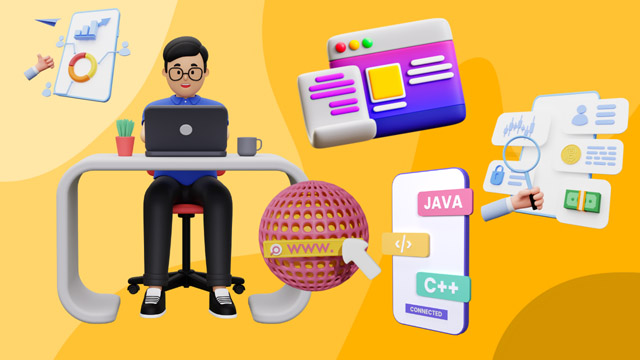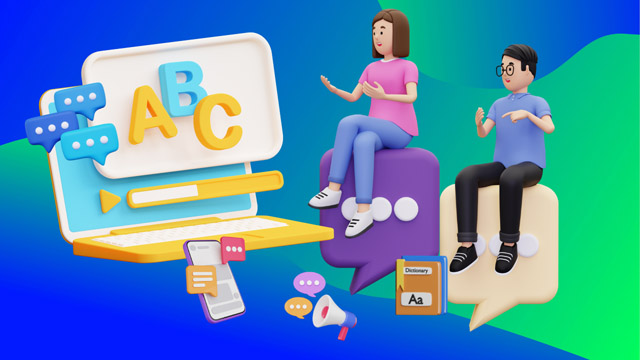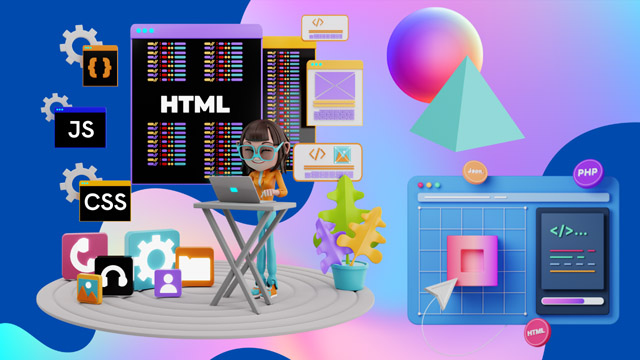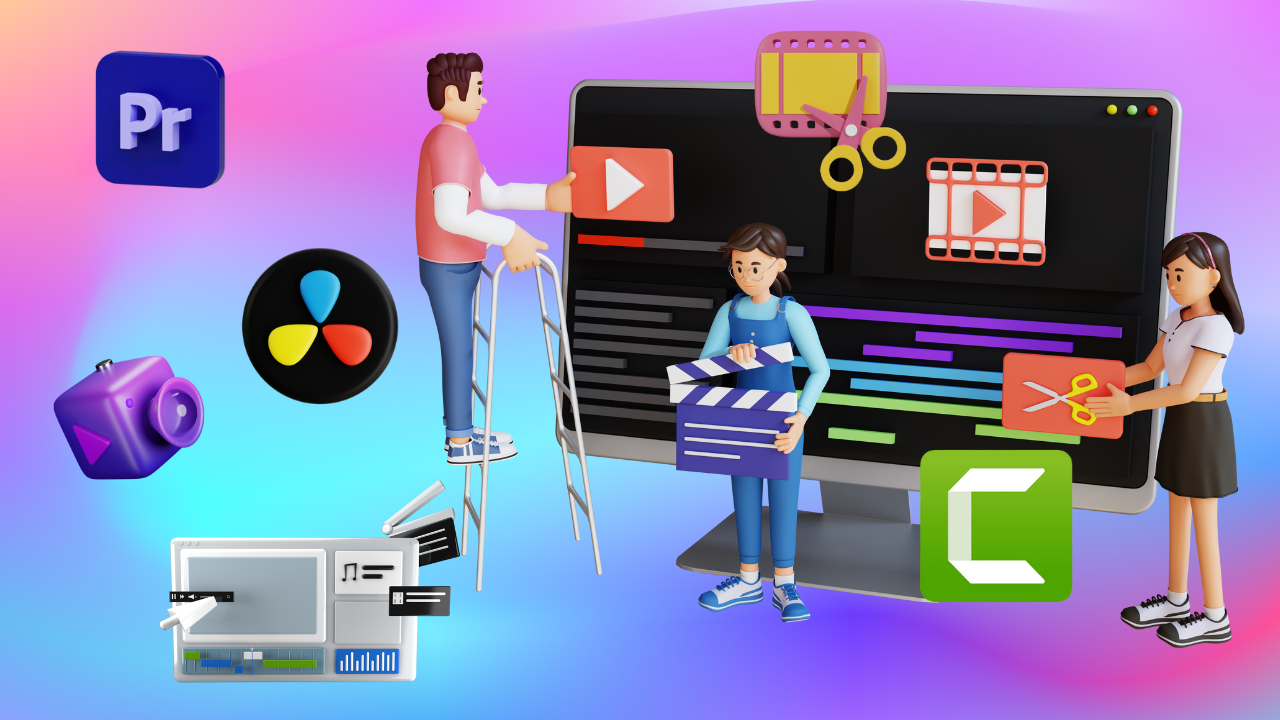Adobe Illustrator
Skills: Working Place, Customizing, Tools, Layer And Layer Options, Pen, Pencils and Paths, Using the Brush and Paint, Specialized Tools, Getting Creative with Types, Using the Symbols, Designing Graphics, Effects and Filters, Playing With Palettes Select, View and Object, Automating, Exporting, Web and Devices
Outputs: Business Card, Labels, Letterhead, Coupon, Identity Card, Jewel Case Design, Book Mark, Sticker, Envelope, Magazine Advertisement
Labels

Identity Card

Adobe Photoshop
Skills: Working Place, Customizing, Image and Color Modifications, Case Study - Black & White to Color, Using the Brush and Paint, Working with Selections, Scaling, Knowing the Layers, Filter Gallery, Color Adjustments
Outputs: Web Layout Design, Web Banner, Advertisement, UI Design
UI Design

Adobe InDesign
Skills: Creating and Viewing a Document, Managing Pages and Books, Managing Text , Formatting , Working with Objects, Working with Points and Paths, Case Study- Book Cover, Applying and Managing Colors, Working with Tables, Working with Styles, Printing and Outputting a Document, Setting Preferences
Outputs: Story books, Wall Calendar, Newsletter, Maps, Menu Card, Magazine Cover Page, Recipe Book, Book Cover
Recipe Book

Book Cover











